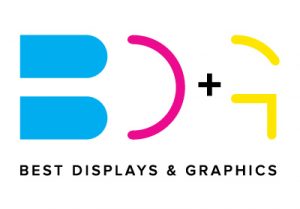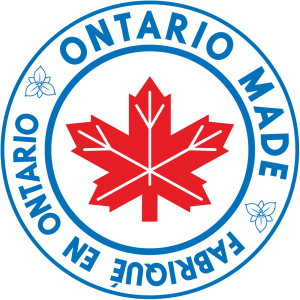What to Do After the Trade Show: Lead Follow-Up That Converts

You’ve packed up your booth, the event is over, and you’re heading home with a stack of business cards and scanned badges. But here’s the truth: the real success of a trade show isn’t measured by how many conversations you had; it’s measured by what happens after the show.
Your post-show follow-up strategy is where those booth visits turn into genuine business opportunities. Unfortunately, many companies let hot leads go cold by waiting too long or sending impersonal follow-ups.
Here’s how to craft a post-trade show follow-up process that keeps your brand top of mind and turns connections into conversions.
1. Organize and Prioritize Your Leads
Before sending any emails, take time to sort and categorize your leads:
- Hot leads: Interested prospects ready to take next steps or request a quote.
- Warm leads: Contacts who showed interest but need nurturing.
- Cold leads: Visitors who stopped by casually or collected information.
Adding notes about each conversation (pain points, products discussed, follow-up preferences) will help your outreach feel personalized and professional. A CRM system is ideal for managing this efficiently.
Pro Tip: Don’t wait too long to sort your leads, your memory fades quickly after a busy show!
2. Send a Thank-You Email Within 48 Hours
A quick, thoughtful email can make a lasting impression. Reach out within two days to thank attendees for visiting your booth and remind them who you are.
Example:
“Hi [Name], it was great meeting you at [Trade Show Name]! I enjoyed learning about [their company/product]. I’d love to share how we can help with [specific challenge discussed].”
Include:
- A thank-you message
- A link to your website or product page
- A call to action (schedule a call, request a demo, download a guide)
This keeps the connection warm while they still remember your conversation.
3. Personalize Every Message
Personalization is key to engagement. Avoid generic mass emails, instead, tailor your message based on the attendee’s interests, company size, or role.
If you discussed a specific challenge or solution during the show, mention it directly. This shows attention to detail and helps build trust.
4. Connect Beyond Email
Not every lead responds to email right away. Expand your touchpoints by connecting on LinkedIn or following their company on social media. Comment on their posts, share relevant articles, and stay visible.
This ongoing engagement keeps your brand in their orbit until they’re ready to buy or collaborate.
5. Offer Value Before You Sell
Trade show attendees often meet dozens of vendors, so stand out by offering something helpful rather than immediately pushing a sale. Examples include:
- A free resource (eBook, checklist, or trend report)
- An exclusive discount or promotional offer
- A complimentary consultation or demo
Offering value reinforces your expertise and helps prospects see you as a trusted advisor, not just another salesperson.
6. Follow Up More Than Once
Most deals don’t happen after a single email. Create a follow-up sequence that nurtures leads over time:
- Email 1: Thank-you and quick recap (within 48 hours)
- Email 2: Invite them to book a meeting or demo (1–2 weeks later)
Consistency matters more than frequency. Stay helpful, not pushy.
7. Measure and Refine Your Follow-Up Process
Finally, track your results:
- How many leads responded or converted?
- Which messages got the highest engagement?
- Which channels performed best (email, LinkedIn, phone)?
Use these insights to refine your next post-show strategy and continuously improve your ROI.
A trade show isn’t the finish line; it’s the starting point of a new relationship. By organizing your leads, personalizing your outreach, and following up consistently, you’ll transform brief booth conversations into lasting business partnerships.
Whether your company sells products, software, or services, a strong post-trade show follow-up plan is one of the simplest, most effective ways to boost event ROI and keep your sales pipeline full.


